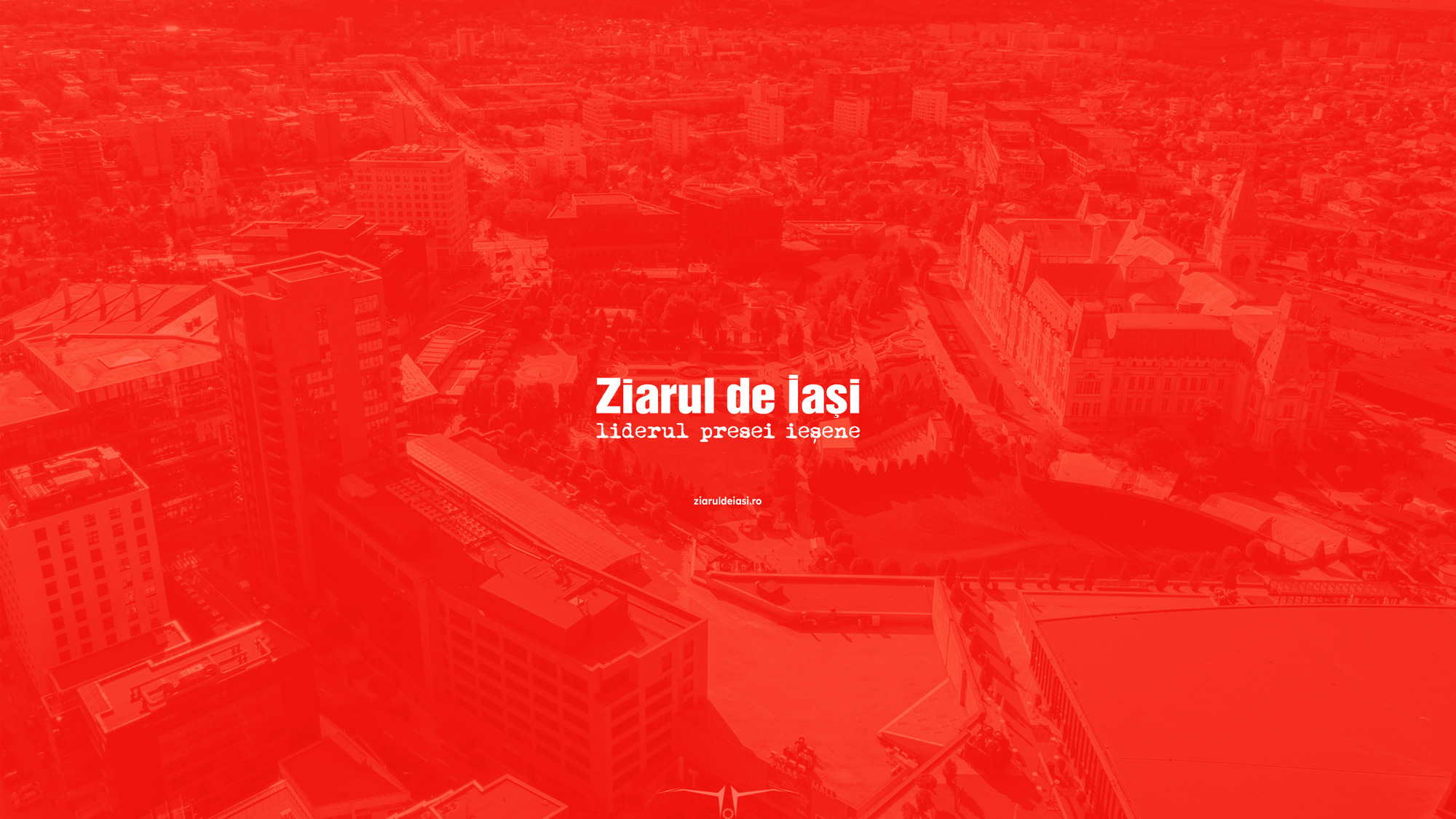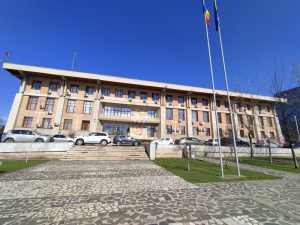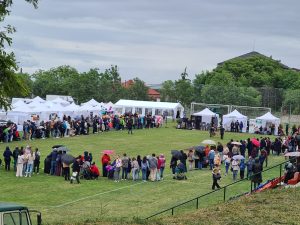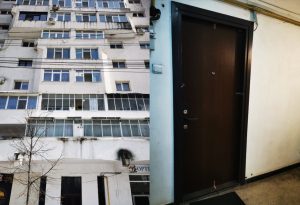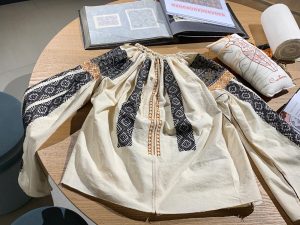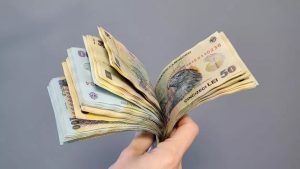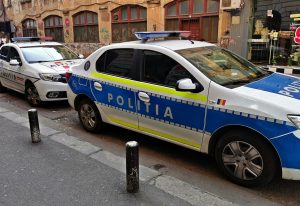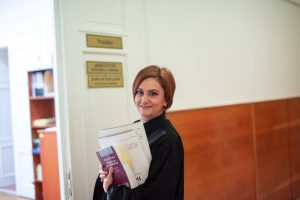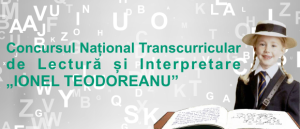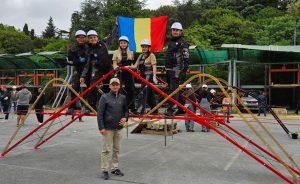
We read the polls, one after another, and we cannot believe our eyes. PDSR has largely dominated in popularity the Romanian political spectrum for over a year. The other four political parties worth attention partake of the leavings as the dogs at the master’s meal, like in the biblical parable. Ion Iliescu is recovering from the recoil registered lately when the two former technocrats, Isarescu and Stolojan, launched in the electoral campaign, and he is now reaching the top in potential votes number, where he seems to be invincible.
The metabolism of a healthy democracy supposes, besides the conjunctures, a certain equilibrium of the options. The science of the party systems does not recognize as democratic a political arrangement in which, as it happens in our case if the current situation is validated by vote, one single political party dictates the rules of power. With almost half the options of the electorate and with no counterweight, it is very likely that PDSR establish after the elections an absolutely valid dictatorship.
Do we really run such a risk? Will Iliescu and PDSR become the quasi-absolute masters of Romania for a period of time? Do the polls reflect a real situation? If so, what are the chances of the political parties and of their presidential candidates that are now on the other side to re-equilibrate a system that tends to become hegemonic?
The most probable answer is that the danger exists, the situation that the polls reveal is real, but this is not fatal too. The counterweight for PDSR exists but it does not manifest itself yet in a coherent formula though the chances to defeat Iliescu are even bigger than they seem now. PDSR’s domination in the polls cannot be denied. PDSR is, and it will remain for a while, the strongest party in Romania. After the failure named ApR to dislocate the electorate that has never been attracted to the current rule, PDSR remains the only serious holder of the idea of change. We are not going to judge here the meaning and the value of this idea. But what about the others? The ones who do not want the PDSR and even less its radical variant, PRM (the Big Romania Party)? Have they the chance to be represented in a manner that could offer them the comfort of a foreseeable future? This is the big question and the big challenge of the elections that are to come, and less whether PDSR is going to be or not the winner.
According to how things seem to be right now, the answer is negative. The not at all fortuitous apparition of the so-called technocrats on the political stage solves a problem but creates another one too. To oppose Iliescu offers now a generous choice. You can comfortably choose between Isarescu and Stolojan, but if you have to oppose PDSR, you realize that the option between the two actually confuses you. The mechanism of the vote supposes a solid coherence between the option for a party and the one for a presidency candidate. The vote is an imaginary construction that is supported both by
A party and by a candidate to Presidency. Or, in the case of the two, Isarescu and Stolojan, the construction is sapped by the inconsistency.
The option for Isarescu relies upon the idea of the continuity of a certain political economic project. As a president, he is nothing but the guarantor. Who will give him the means? CDR 2000(the Romanian Democratic Convention), the only organization that support him? But how many still believe now that this alliance has any chance to get the power? Just a few.
Paradoxically, the main, serious, almost decisive stake of the project embodied by Mugur Isarescu could represent for some people a reason to rather vote PDSR than CDR 2000. That is those who, getting the power, might apply the project in question, and not those who won’t have the possibility to do it.
Theodor Stolojan is in the same situation, though from another point of view. The PNL candidate comes with an aura of an expert, that of a man that does what he says and only says what he can do. He also has that quality mentioned by a political analyst of the candidate who eludes the judgement in order to submit, just like Ion Iliescu, the mechanism of identification. It might be a trump card, comparing to the others, in case of a direct confrontation with the PDSR candidate.
But this is not enough. One could rather vote Stolojan thinking to a PDSR rule without Iliescu. But he is the PNL candidate and such reasoning has no support. Both Mugur Isarescu and Theodor Stolojan theoretically have the chance to defeat Ion Iliescu. But none of them can fructify such a chance as long as the political organizations supporting them do not succeed in convincing the electorate that they might stay at power. For this, we first need a coherent unitary message and the promise, even implicit, that they will know how to work together. There is one single target to be felled, PDSR, and one single solution, cooperation. (Pavel LUCESCU)

